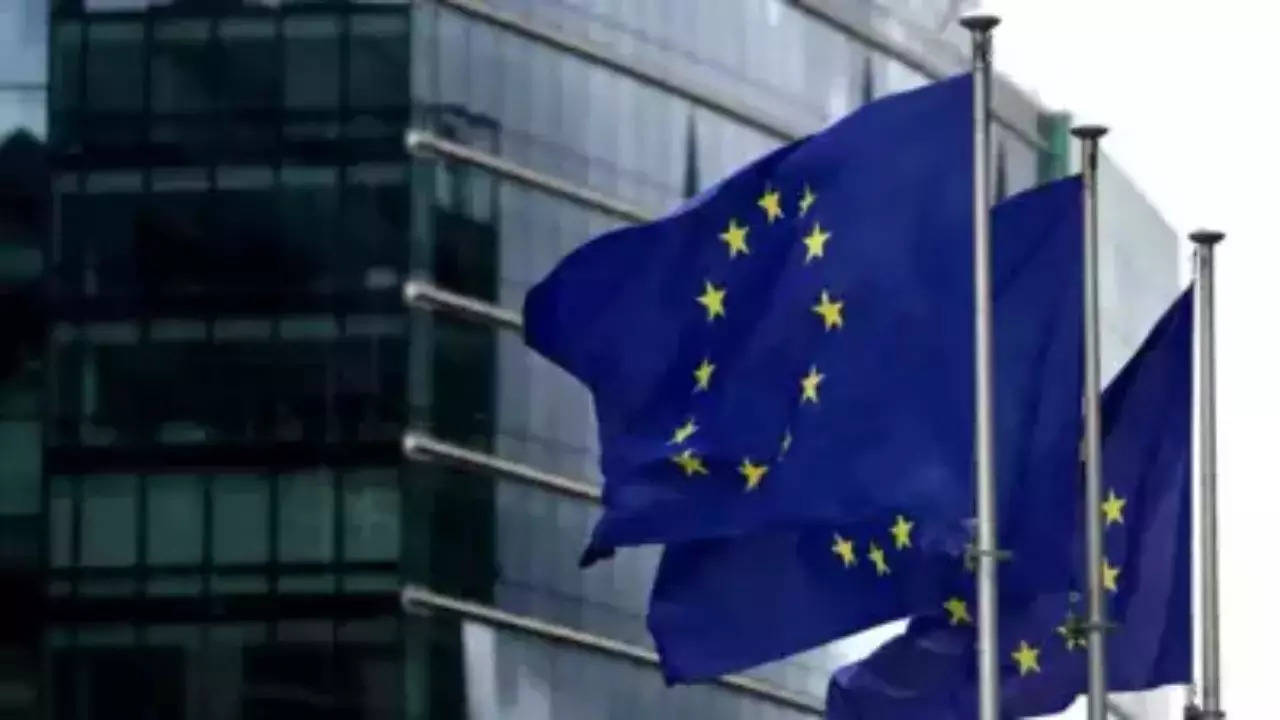This story is from March 15, 2024
NEW DELHI: The European Union is set to impose sanctions on individuals linked to the mistreatment and death of Russian opposition leader Alexei Navalny in a Siberian penal colony.
EU foreign ministers are expected to approve these sanctions following the recent Russian election.
Navalny, a prominent critic of Russian president Vladimir Putin, passed away under controversial circumstances while serving a lengthy prison sentence on disputed charges. Despite Russian authorities attributing his death to natural causes, Navalny’s supporters allege foul play by the government, a claim denied by the Kremlin.
Several European countries had urged the EU foreign policy chief Josep Borell to target Russian judicial and prison officials in response to Navalny’s demise.
An anonymous senior EU diplomat disclosed, ‘There is likely to be consensus on imposing sanctions against those responsible for Navalny’s death.’ While political support for the sanctions is anticipated, their formal implementation may face technical delays.
The move signifies the EU’s stance against perceived injustices in Navalny’s case and marks a significant development in the ongoing tensions between Russia and the West.
EU foreign ministers are expected to approve these sanctions following the recent Russian election.
Navalny, a prominent critic of Russian president Vladimir Putin, passed away under controversial circumstances while serving a lengthy prison sentence on disputed charges. Despite Russian authorities attributing his death to natural causes, Navalny’s supporters allege foul play by the government, a claim denied by the Kremlin.
Several European countries had urged the EU foreign policy chief Josep Borell to target Russian judicial and prison officials in response to Navalny’s demise.
An anonymous senior EU diplomat disclosed, ‘There is likely to be consensus on imposing sanctions against those responsible for Navalny’s death.’ While political support for the sanctions is anticipated, their formal implementation may face technical delays.
The move signifies the EU’s stance against perceived injustices in Navalny’s case and marks a significant development in the ongoing tensions between Russia and the West.
end of article

